› Store › Cooper, Judith › The Wounded Healer: A Transformational Dynamic
› Store › Cooper, Judith › The Wounded Healer: A Transformational Dynamic
Video
2 hours 40 minutes
$21.99
Topics: Active Imagination, CG Jung, Society and Culture, Transference and Countertransference.
The Wounded Healer: A Transformational Dynamic
Jung learned through his own suffering how emotional vulnerability and acceptance of personal inadequacies, not studies or intellect, could open a portal to deep emotional engagement with patients. He saw the therapeutic process as mutual and dialectic with both participants equally involved and affected, both “in treatment.” Recognizing the archetypal core of the healing profession as “the wounded healer,” Jung insisted “You (the therapist/caregiver) can exert no influence if you are not susceptible to influence” (CW16). From a Jungian perspective, ‘wounded healer’ means not once wounded now ‘recovered’ but currently, acutely, vulnerable in the therapeutic encounter. Awareness of our personal susceptibility (countertransference) as well as resilience can activate “inner healer” energy in the relationship. Examples from myth, TV and film will illustrate and amplify this transformative dynamic.
It was recorded on January 28, 2013.
Suggested Reading
• Guggenbuhl-Craig, A. (1971). Power in the Helping Professions. Dallas, Texas: Spring Publications.
Learning Objectives
After viewing this seminar, you will be able to:
• Describe and explain the archetypal dynamic of the wounded healer in the therapeutic encounter.
• Identify when wounded healer archetypal energies are polarized through mutual projections in clinical work.
• Recognize Jung’s view that both helper and client change, through mutual influence, if the healing process succeeds.
© 2013 Judith Cooper and Suzanne Rosenthal
℗ 2013 CG Jung Institute of Chicago
| Audio Format | 1 MP3 File: 56MB |
|---|---|
| Video Format | 1 3GP File: 516MB |
| Video Resolution | 640×480. |
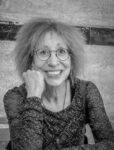
Age Groups Adults
Treatment Types Individuals
Contact sugarose@sbcglobal.net (847) 372-9188 In-Person/Telehealth: Telehealth Only (IL) I provide flexible and private telehealth sessions from my home office several days a week. I am also available for limited in-person sessions at the beginning of therapy if the individual wishes this and is in the Chicago area.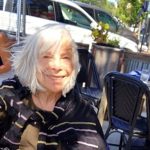
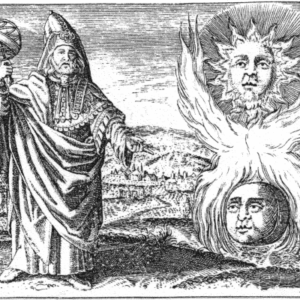
Audio
6 hours 5 minutes
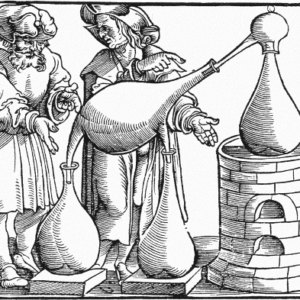
Audio
9 hours 15 minutes

Audio
10 hours 50 minutes
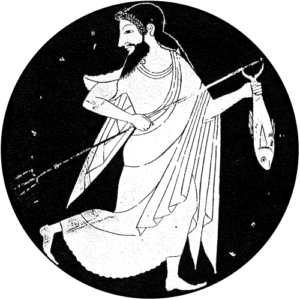
Audio
6 hours 23 minutes
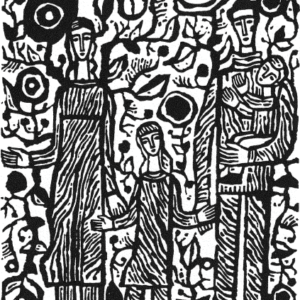
Audio
52 minutes
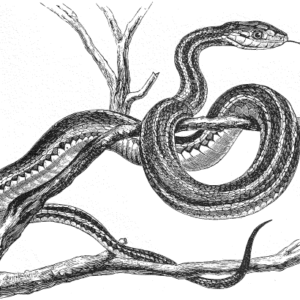
Audio
1 hour 20 minutes

Certification of the Chicago Society of Jungian Analysts to train analysts is granted by The International Association of Analytical Psychology. The C.G. Jung Institute of Chicago is accredited as a psychoanalytic training institute by The American Board for Accreditation in Psychoanalysis, Inc. The Institute is approved by the Illinois Department of Professional Regulation to sponsor continuing education for Psychologists (License No. 268000106), Social Workers and Clinical Social Workers (License No. 159-000215), Marriage and Family Therapists (License No. 168-000123), Professional Counselors and Clinical Professional Counselors (License No. 197-000022).

This search engine will search our public programs, the Jungianthology Podcast & Blog, and our store.
To search only the store, visit our Store page.
If you’re looking for a Jungian Analyst, use our Find an Analyst search engine or browse the Chicago Society of Jungian Analysts page.